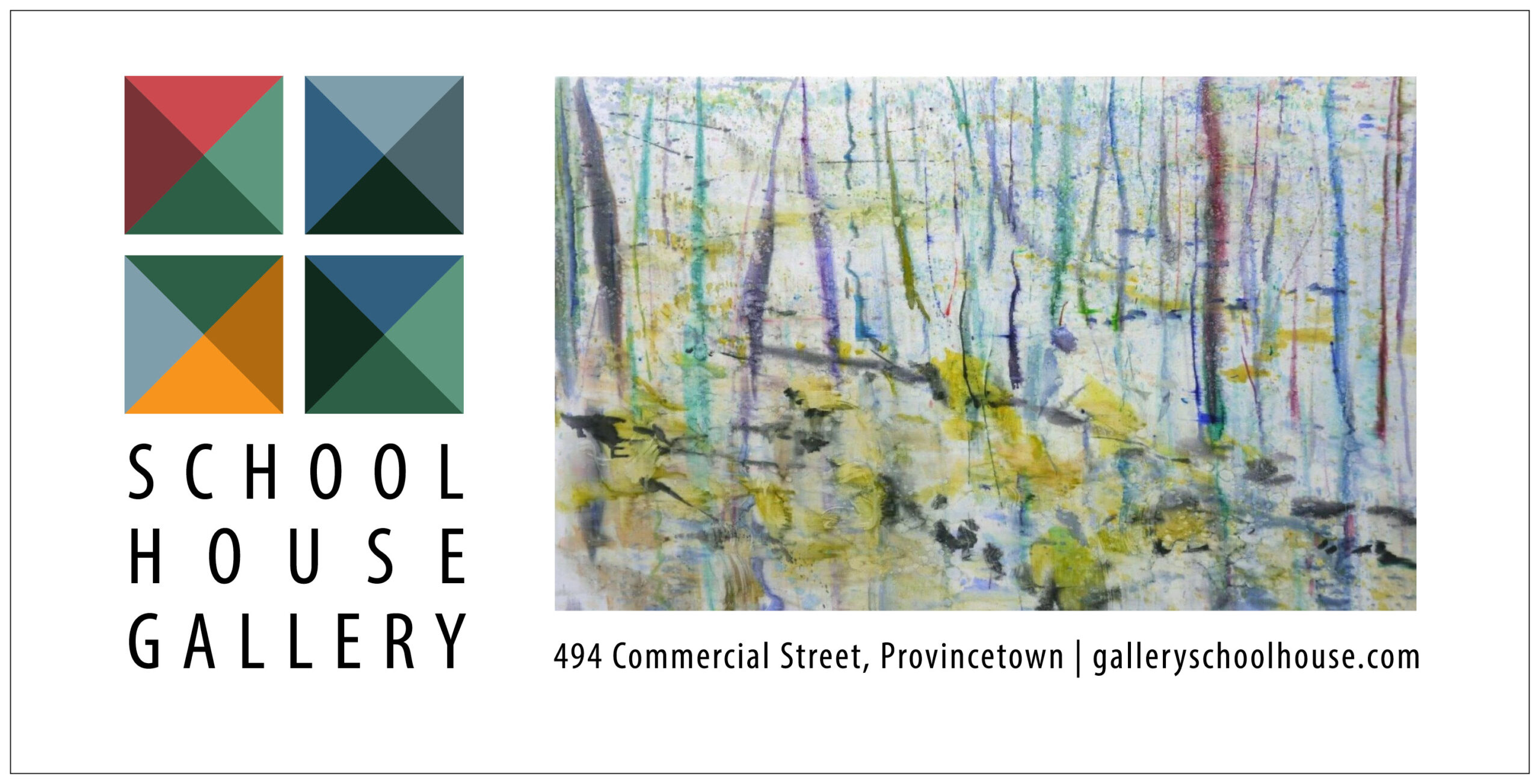With so many holiday traditions curtailed this year, the importance of memory and resilience has grown. And so, as we stay home, put up lights, and decorate the tree (if we were able to find one — see Dennis Minsky on page 3), the ornaments of past years take on increased poignancy.
When K.C. Myers unwrapped the ones her children made at Rudelle Falkenburg’s Storybook School, she remembered what a magical place that was. At her home in Truro, Rudelle was the first and favorite teacher for hundreds of Outer Cape children for 36 years, until 2013. (See K.C.’s nostalgic piece, with pictures of ornaments other families kept, on page 16.)
For this year’s children, the memories are mostly yet to be made. But for adults and kids who have already spent a lot of time together since March, coming up with novel ways to have fun over the school vacation days ahead has got to be daunting. Susannah Fulcher was able to collect a page full of good ideas (see page 17) by talking to teachers and parents who are known for their imagination and understanding of children’s play. Susannah herself is no slouch in the ingenuity and resilience department.
Play, laughter, physical activity, cooking, and getting outdoors in nature and away from screens are the recurring themes in these wise friends’ suggestions. Most of us know intuitively that these are among the most important gifts we can give children. They remind us, too, of how lucky we are to live in this place where that is so possible.
What kind of gift do you envision for the children of the Outer Cape? The other day a friend down the street told us that a neighbor stopped by and asked him what he thought about the plan for affordable housing at 95 Lawrence Road, across from the Wellfleet Elementary School. “I’m all for housing,” the neighbor said, “but not right here. It would not be good for our property values. This is our legacy for our children.”
It dawned on me that the people we turned to this week for advice and inspiration about getting through this unusually painful season with our families included teachers of young children, counselors and massage therapists, writers and artists — in other words, the people who will no longer be able to find places to live here without a major increase in affordable housing.
Those who see houses as legacies have most likely heard about the problem; that’s why they are “all for housing.”
I hope that knowing the history of Rudelle’s, or Nancy O’Connell’s preschool class, or the Barocases’ Abiyoyo, will help them see where the heart of this place lives. That’s the starting point for rethinking what our legacies might be.



